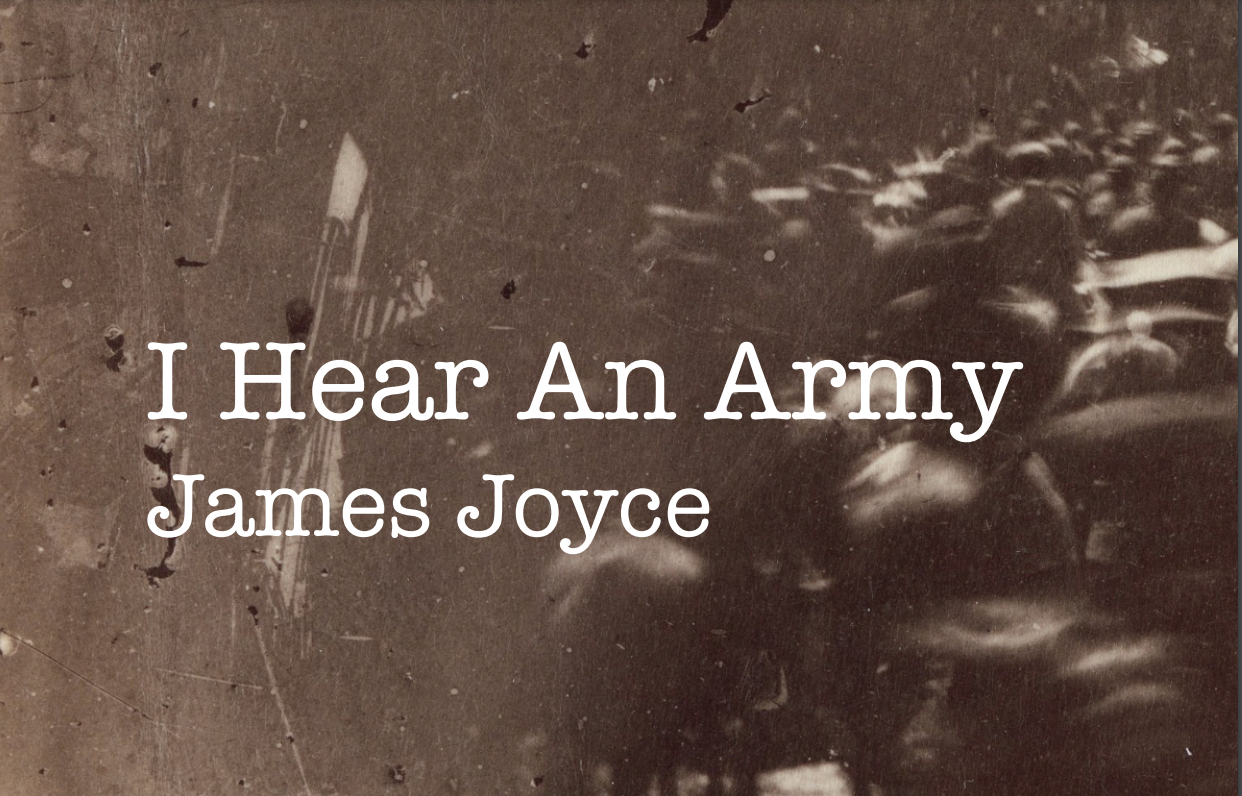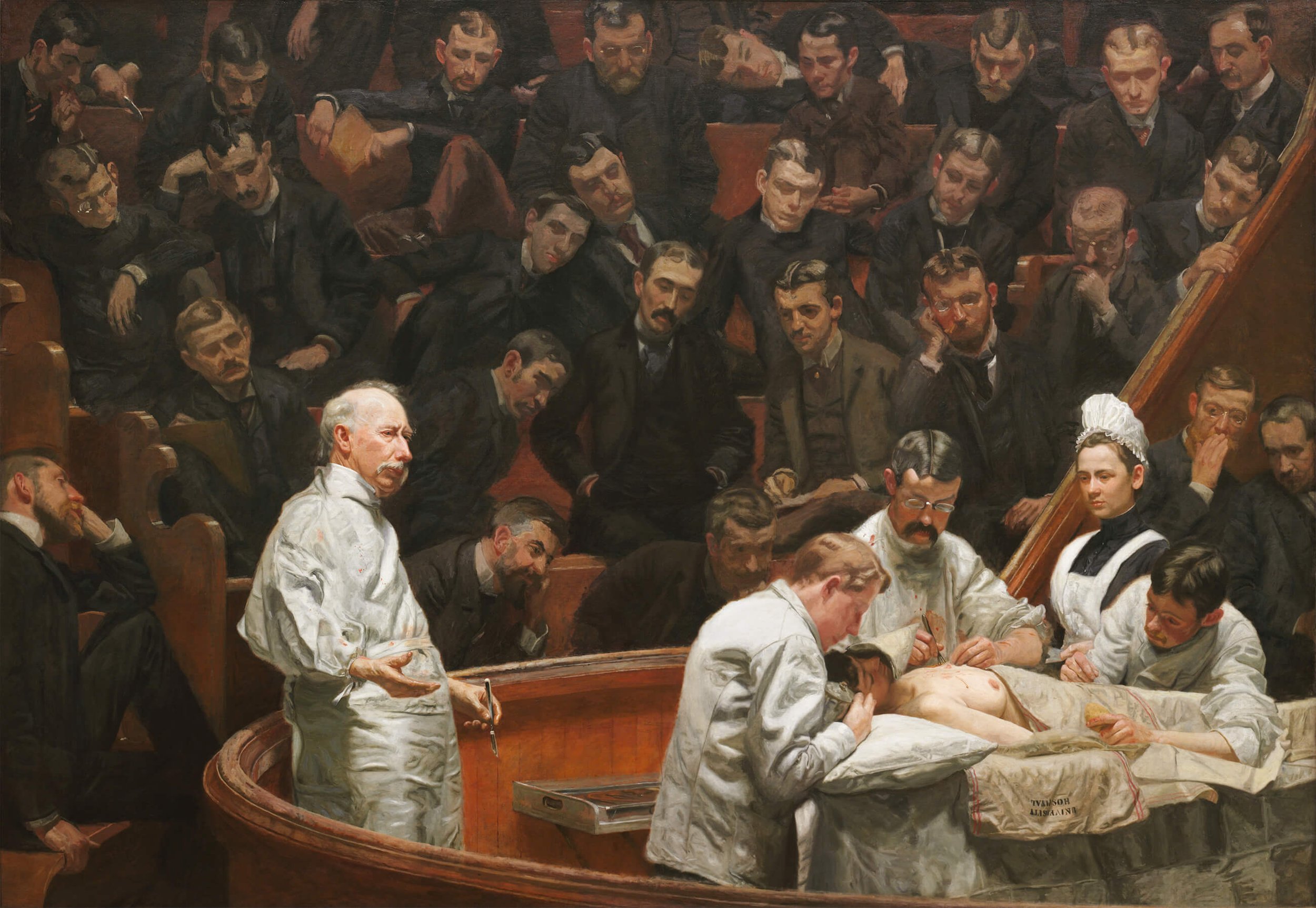
Othello AQA Tragedy Grade Boundaries Explained
Firstly, it’s important to note that grade boundaries change a bit each year - so if you want to secure a specific grade, for example, an ‘A’, then I would recommend getting to a point where your writing is consistently at least 3-4 marks into an A standard, just in case the boundaries shift a bit on the year of your specific exam.

AQA GCSE English Language Paper 2: How to do well in the Exam!
Here are some top tips for AQA GCSE English Language Paper 2, which typically focuses on non-fiction and persuasive writing.

Descriptive Writing Grade 9 Example: The train
Descriptive writing is all about painting a vivid picture in the reader’s mind. For GCSE students, mastering this skill involves using sensory details, figurative language, and strong imagery to bring scenes to life. Whether describing a futuristic cityscape or an otherworldly experience, students should focus on engaging all the senses—sight, sound, smell, touch, and taste—while crafting immersive atmospheres. Effective descriptive writing should evoke emotions, transport the reader to a different place, and create a lasting impact.

10 Futuristic Descriptive Prompts for GCSE Creative Writing
The future has always been a source of inspiration for writers, offering limitless possibilities for creativity. Whether it's exploring advanced technology, dystopian societies, or intergalactic travel, futuristic settings allow writers to push the boundaries of their imagination. Here are ten descriptive writing prompts designed to inspire GCSE students to craft vivid and thought-provoking narratives.

Predictions for AQA Jekyll + Hyde Questions for 2025
As an AQA examiner, here’s my best guess at what the 2025 questions might be for Dr Jekyll + Mr Hyde!

Free Jekyll + Hyde Masterclass!
For GCSE + iGCSE students who want to improve their essay skills and revise some of the key themes and points for Stevenson’s ‘The Strange Case of Dr Jekyll and Mr Hyde’, take a look at our free Youtube Masterclass.

Question for AQA Jekyll + Hyde 2023
In Robert Louis Stevenson's The Strange Case of Dr. Jekyll and Mr. Hyde, the opening chapter introduces a chilling account that sets the tone for the novel's exploration of duality and human nature. In the 2023 AQA GCSE English Literature exam, students were presented with the following extract, where Mr. Enfield recounts to Mr. Utterson his unsettling encounter with Mr. Hyde.

AQA June 2022 Language Paper 1 - Creative Writing Questions
Here are the creative writing questions from the June 2022 paper for AQA GCSE English Language Paper 1: Explorations in Creative Reading and Writing (Exam code: 8700/1). Remember that for these questions, it’s important to choose only one question.

AQA GCSE Language Paper 1: June 2023 Paper + Mark Scheme
Here is the complete June 2023 paper for AQA GCSE English Language Paper 1: Explorations in Creative Reading and Writing (Exam code: 8700/1). Remember that you need to be equally confident in analysis and creative writing to do well on this paper!

How to Craft the Perfect Cambridge IGCSE Poetry Analysis Essay
The Cambridge IGCSE poetry analysis essay provides an excellent opportunity for students to demonstrate their analytical and interpretative skills. Whether you're exploring the theme of a poem, examining its use of literary devices, or analysing the tone and mood, writing a strong essay requires a structured approach, clear arguments, and a deep understanding of the text.

Make Your Own Ted Hughes Cambridge IGCSE Poetry Exam Questions!
Studying Ted Hughes’ poetry for the Cambridge IGCSE can be both fascinating and challenging. His intense imagery, deep connections to nature, and powerful themes offer a lot to explore. To prepare effectively for the exam, creating your own practice questions is a fantastic way to test comprehension and analytical skills. Here’s a guide to crafting high-quality exam questions based on Hughes’ poetry.

10 Futuristic Creative Writing Prompts for AQA GCSE English Language
If you're preparing for the AQA GCSE English Language exam, you’ll know that creative writing is a key part of Paper 1, Section B. Examiners love imaginative, well-structured responses, and what better way to stand out than by exploring the future? Sci-fi and dystopian fiction allow for vivid descriptions, strong narratives, and thought-provoking ideas—all of which earn top marks.

Context for James Joyce’s ‘I Hear an Army’
James Joyce’s poem ‘I Hear an Army’ (1907) is a striking and intense piece that reflects themes of loneliness, betrayal, and existential turmoil. It was published in Chamber Music, a collection of Joyce’s early poetry. Unlike the musical and lyrical quality of many poems in the collection, ‘I Hear an Army’ is more dramatic and foreboding, filled with vivid imagery of a charging army and an overwhelming sense of despair.

‘She Was a Phantom of Delight’ by Wordsworth: Context
William Wordsworth’s poem ‘She Was a Phantom of Delight’ (1804) is a deeply personal and romantic portrayal of his wife, Mary Hutchinson. This poem, written in three stanzas, traces the evolution of his perception of her—from an almost ethereal and mystical presence to a grounded and steadfast partner.

Context for Coleridge’s ‘From Fears in Solitude’
Samuel Taylor Coleridge’s poem From Fears in Solitude (1798) is deeply embedded in the political, social, and personal anxieties of its time. Written during the turmoil of the French Revolutionary Wars, the poem reflects Coleridge’s meditations on war, national identity, and the role of the poet in turbulent times.

A Clear Explanation of Ted Hughes’ ‘Relic’
Ted Hughes was one of the most prominent British poets of the 20th century. His first poetry volume, The Hawk in the Rain, published in 1957, affirmed him as a fresh voice on the literary scene, the poet impressing his readers with the rawness of his lyrics. ‘Relic’ was included in his second volume, Lupercal, published in 1960. It followed the same lucidity in expression whilst approaching themes like nature, the cycle of life, violence, and power.

A Clear Explanation of ‘The Horses’ by Ted Hughes
This is one of Hughes’ most famous and accomplished poems. The speaker is walking in a field at the crack of dawn - he looks up to a ridge, and sees horses silhouetted against the sky. Hughes seems to have a deep understanding of animal instincts. The speaker raises alarm at the offset with the phrases 'evil air' and a 'frost-making stillness'. Having sensed danger, the speaker reassures the readers with the words 'brightening grey.' In the poem ‘The Horses’, Hughes has created a life-force and distinctly non-human expression. He observes man's reluctance to acknowledge the sources of energy; the horses have endured severe conditions all night long, yet they accept the new day graciously.

How to Create Setting in Narrative Writing
Creating a good setting in narrative writing is essential to immerse readers in your story, making it more vivid and engaging. Here are some tips on how to craft an effective setting.

Jekyll + Hyde: Victorian Society
Here’s some contextual detail on the Victorians and late Victorian society, in order to help you understand the background of Jekyll and Hyde in more detail. Use these ideas in essays in order to analyse the text more deeply - the more you understand about the society in which a book was produced, the more accurate and precise your analysis will be.

Jekyll + Hyde: Secrecy and Reputation
This post gives you a full breakdown of the themes of Secrecy and Reputation in The Strange Case of Dr Jekyll and Mr Hyde. You can use these ideas in essays as the ‘Points’ in PEE paragraphs; you can also use them more generally during your analysis of quotations. Be sure to also develop your own thoughts and opinions on these points as well, so you’re integrating your ‘personal response’ into analysis.
